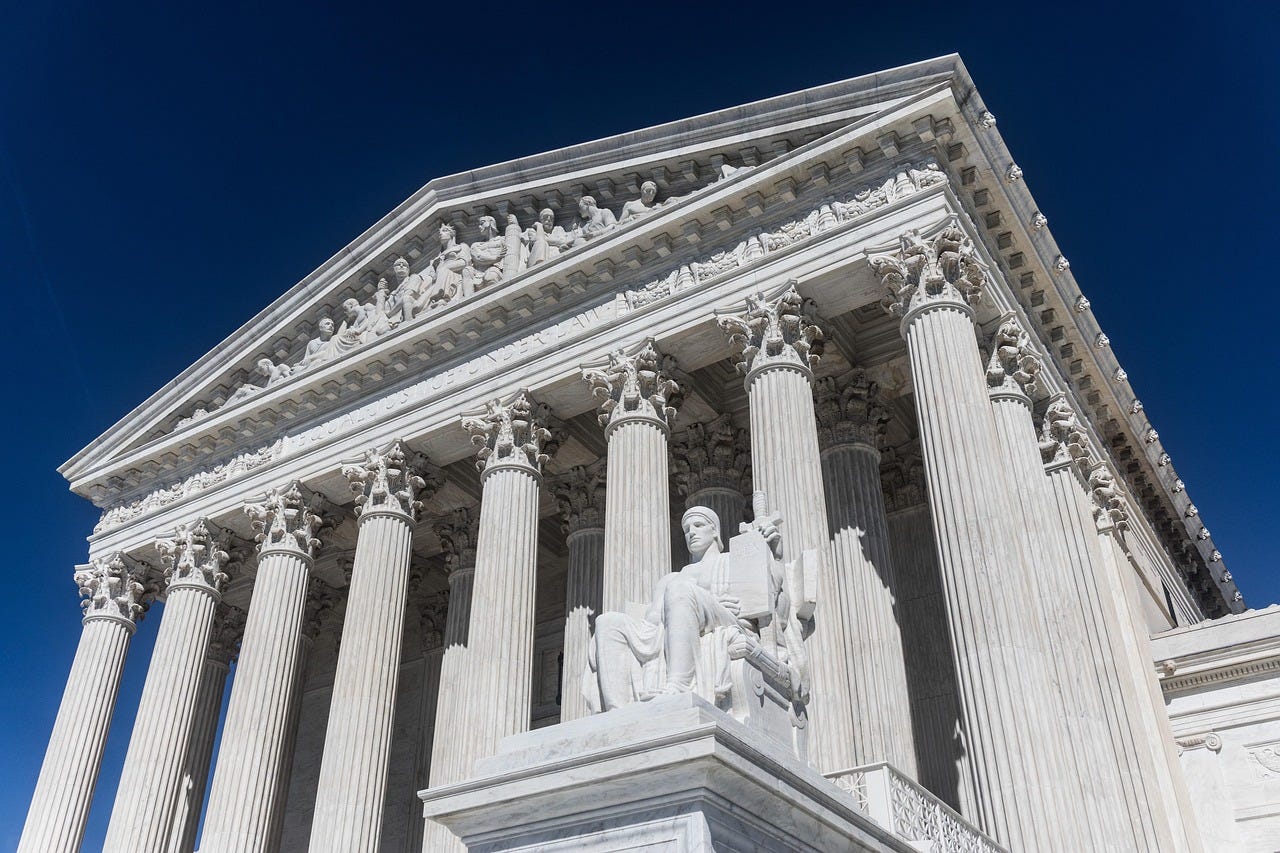Supreme Court tie vote prevents launch of government-funded parochial school
Decision means issue could return if another state OKs religious charter school

By the narrowest of margins — and without giving any clues about its reasoning beyond what justices gave during oral arguments last month — the U.S. Supreme Court today ended plans by a statewide Oklahoma school board to create the nation’s first government parochial school.
Justices…


